Un passion pour le patrimoine musical rwandais
Cécile Kayirebwa est née en 1946, à Kigali dans une famille de musiciens : son père dirigeait la chorale de l’Église catholique locale, enseignant à ses enfants des chants en kinyarwandais et en latin. A l’école, elle devient membre fondateur du Rwandan Song and Dance Circle (1961-1967) et choisit d’interpréter des chants Rwandais traditionnels. A partir de 1962, Cécile commence à composer et chanter pour le plaisir, pour des amis et dans des émissions à Radio Rwanda.
Son travail d’assistance sociale lui fait découvrir des gens de diverses régions du Rwanda et la profondeur et la beauté de poésie traditionnelle et des chants. Elle commence à s’associer à de vieux poètes, des chanteurs et des joueurs d’instruments traditionnels, particulièrement d’inanga. «~Le Sens de la nostalgie, le désir de partager avec d’autres mon inquiétude de voir disparaître les chansons traditionnelles de mon pays, le besoin de diffuser ce message, tout ceci m ‘a convaincu que je devais produire et diffuser cette musique pour que le monde entier la connaisse et partage ma passion pour elle.~»
Inyange, Bula Sangoma, Ingeli
De 1978 à 1980, elle forme le groupe culturel Inyange ( «L’oiseau blanc ~ ~»), un groupe composé de danseurs hommes et femmes, et d’un choeur rwandais. En 1981, sort sa première cassette (produite en Belgique) comprenant ses propres compositions ainsi que des morceaux traditionnels. Suivent d’autres cassettes en 1983, 1986 et 1990. En 1983, elle a consacré son temps à étudier la musique traditionnelle du Rwanda au Musée Royal d’ l’Afrique centrale (Tervuren). 1984 voit sa participation au groupe Bula Sangoma basé en Belgique et avec qui elle continue à travailler. En 1987, la chanteuse tourne avec l’Orchestre Ingeli du Rwanda dans tout le pays et en Ouganda. Elle participe à une fête organisée en l’honneur du roi Mutara 111, par l’association des Rwandais de Suisse. En 1990, avec la sortie de son quatrième cassette Ubumanzi, elle a fait une tournée de quatre mois et donne des spectacles à but humanitaire : orphelins, sida, etc…
Une carrière internationale
En 1994, elle a enregistré son premier véritable album, Rwanda chez Globestyle regroupant des compositions de ses œuvres précédentes. Quatre ans plus tard, cette artiste installée à Bruxelles participe à d’importants festivals comme le premier Festival Panafricain de la Danse qui s’est tenue à Kigali, au Rwanda et un an plus tard, au « Robben Island event » au Cap, en Afrique du Sud. Cécile a également participé à des événements de sensibilisation aux grands drames humains comme «~l’Holocaust Memorial Event~» qui s’est tenue à Londres, en 2001. La même année, elle a enregistré Rwanda Rugali à Bruxelles avec de nombreux artistes de la diaspora. En 2002, sort son second album Amahoro suivi d’une tournée en Amérique du nord (USA, Canada).
Source : livret du CD par Ben Mandelson. A passion for the musical heritage of Rwanda
Cecile Kayirebwa was born in 1946, in Kigali. She was born in a musician’s household : her father sang and directed a choir in the local Catholic Church, teaching his children songs, in kinyarwanda and even Latin. While at school, she became a founding member of the Rwandan Song and Dance Circle (1961-1967) and chose to interprete traditional Rwandan songs. From 1962, she began composing and singing for pleasure, for friends and occasional broadcasts on Radio Rwanda. Her job as a welfare officer enabled her to meet people in various regions of Rwanda. At this point, she really felt in love with the depth and beauty of traditional poetry and song . She began associateing with old poets, singers, and playeof nostalgia, the ense rs of traditional instruments , particularly inanga. “A sense of nostalgia, the desire to share with others my concerns at the possible disappearance of my country’s traditional songs, the need to press his message; all this convince me that I was duty-bound to find a way of producing and spreading the music so that the entire world could get to know it and love it as much as I do.”
Inyange, Bula Sangoma, Ingeli
From 1978 to 1980, she formed the cultural group Inyange («~White Bird~»), a group as composed of men and women dancers, and a Rwandan choir and in 1981, her first cassette was released (produced in Belgium) featuring her own compositions as well as traditional items. More cassettes only releases followed in 1983, 1986 and 1990. In 1983, she dedicated her time to studyying the traditional music from Rwanda in the Royal Museum of Central Africa (Terveuren) . 1984 saw her a member of the group Bula Sangoma with an international African line-up, based in Belgium and with whom she continued to work. In 1987, she made a concert with the Ingeli Orchestra of Rwanda throughout Rwanda and Uganda and also performed at a party given for King Mutara 111, organized by association of Rwandans in Switzerland. In 1990, with the release of her fourth cassette UUbumanzi, she undertook a four months concert tour and she appeared in shows for humanitarian action, orphans organizations, AIDS, social events such as weddings, or culture awareness events.
An international career
In 1994, she recorded her first album, Rwanda on Globestyle label gathering some compositions of her previous release. Four years later, this Bruxelles based artist participated in important Festivals such as the first Pan African Festival of Dance held in Kigali, Rwanda; and a year later, participated in the « Robben Island Event » held in Cape Town, South Africa. Cecile also performed for awareness events such as the 2001 « Holocaust Memorial Event » held in London, United Kingdom and « Action against AIDS » organized by the African First Ladies in Kigali, Rwanda. The same year, she recorded Rwanda Rugali in Bruxelles with many artists exiled in Belgium. In 2002, was released her second album Amahoro (Peace) and she performed in North America.
Source : CD sleeve by Ben Mandelson.


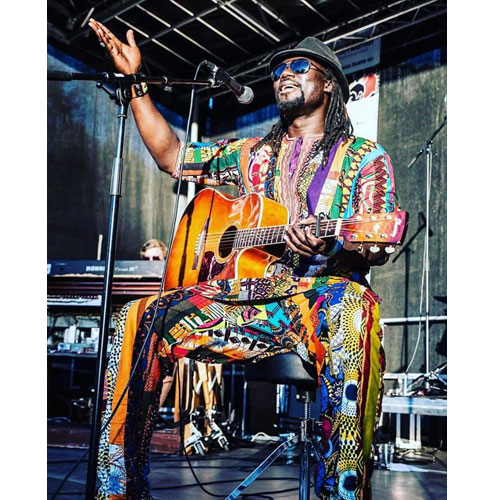
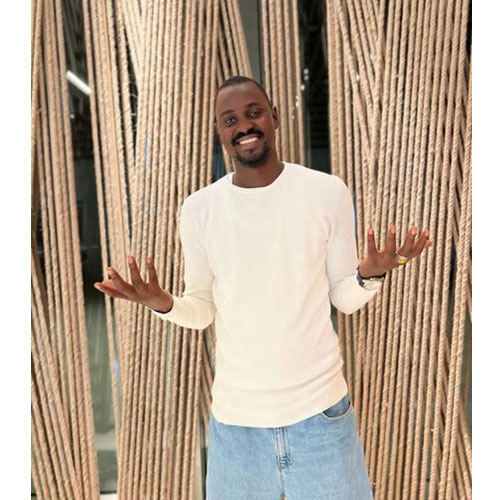
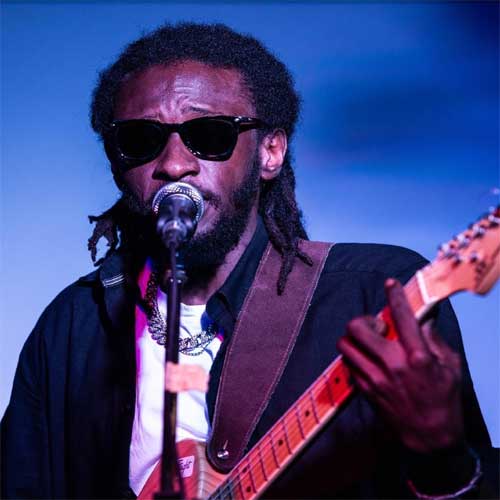
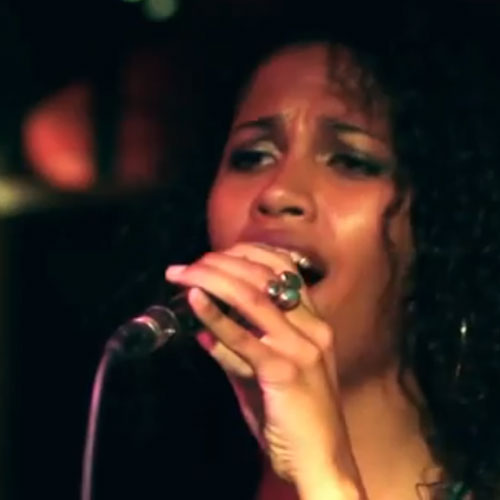
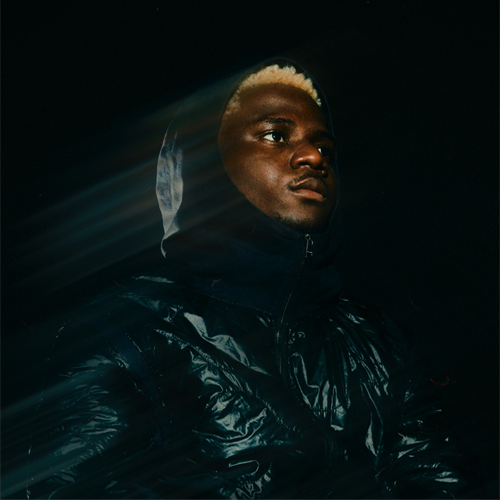
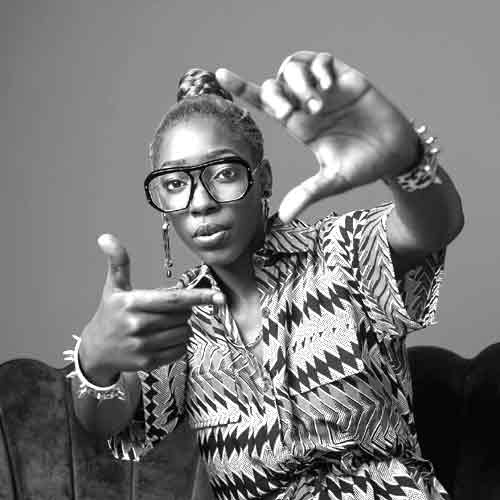
Laissez un commentaire
Vous devez être logged in pour poster un commentaire.